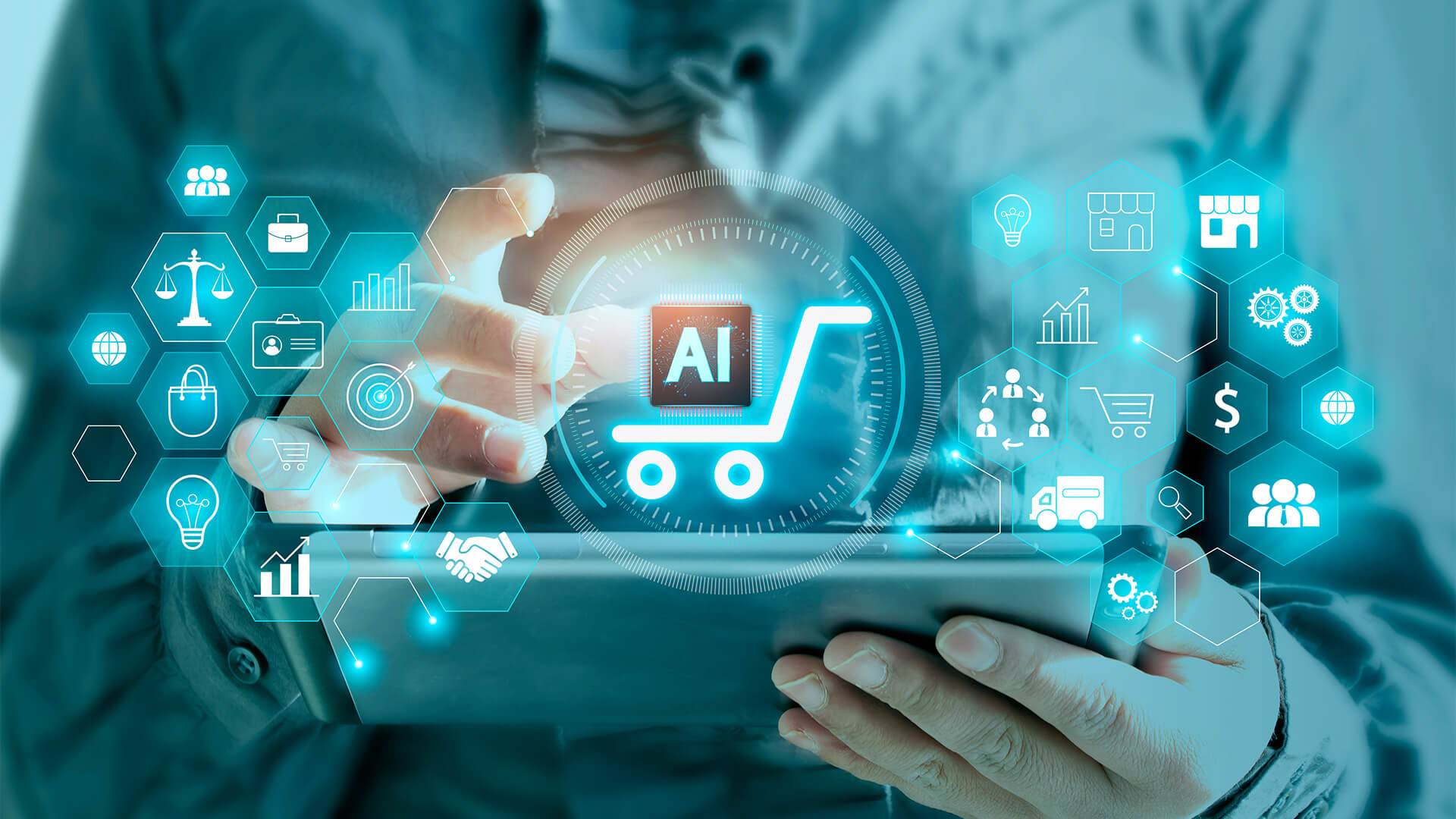By Arthur Novarina, Regional VP EMEA at Kochava
AI is everywhere, including in AdTech, but it should be implemented with caution, says Arthur Novarina, Regional VP EMEA, at Kochava.
Artificial intelligence (AI) has made significant strides in recent years, and it’s no surprise that the AdTech industry has taken notice. Marketers are using AI to optimise their campaigns, target specific audiences, and even create new ad content.
According to Arthur Novarina, Regional VP EMEA at Kochava, AI has the potential to revolutionise AdTech, but it’s important to understand its limitations as well as its capabilities before incorporating it into your operations.
Below, Novarina discusses the advantages leveraging AI’s capabilities for marketing campaigns as well as where it should be avoided or supported by humans.
AI can identify, automate and personalise
Novarina: “One of the biggest benefits of AI in AdTech is its ability to analyse vast amounts of data quickly and accurately. This means that AI can help advertisers identify patterns and trends that might not be immediately apparent to the human eye.”
“AI can also help advertisers personalise their ads to a specific audience. By analysing data about a user’s behaviour, preferences, and demographics, AI algorithms can create ads that are more likely to resonate with the user.”
“Armed with this information, advertisers can optimise their campaigns to improve their effectiveness and ROI, driving higher engagement rates and more conversions.”
AI can’t read the room
Novarina: “Despite these many benefits, AI isn’t a panacea for AdTech and it’s important to acknowledge its limitations and recognise the role of human oversight.”
“Without human intervention, the potential for bias, limited creativity, and knowledge gaps becomes significant. AI-generated ad copy or campaigns may also struggle to match the emotional impact and creative flair that human-made content does.”
“Large language models like ChatGPT, operates within a vast but limited space of knowledge. It’s important that a human can support content creation by eliminating outdated observations and inaccuracies. Biased training data can also propagate bias within the AI algorithms, resulting in unfair and discriminatory ad targeting.”
“By harnessing the strengths of AI while incorporating human insights and oversights, a balance can be struck that leverages the power of AI alongside the good judgement and experience of marketers.”
Automation with added caution
Novarina: “Perhaps the biggest benefit of AI in AdTech is its ability to automate many of the tasks that advertisers would otherwise need to do manually. This includes everything from bid management to ad content creation. By automating these tasks, advertisers can save time and resources, allowing them to focus on higher-level strategic decisions.
“However, there are risks associated with automation as well. If an advertiser relies too heavily on AI to make decisions, they might miss out on valuable insights that can only be gleaned through human analysis. Additionally, if an algorithm goes awry, it can cause significant damage to a campaign or even an entire brand.”
The Quest for Authenticity, Trust and Transparency
Novarina: “Trust is integral for marketers looking to bring their brand to consumers. Personalised ads, powered by AI algorithms, can play a pivotal role in cultivating that trust, as long as it’s done in a way that meets rapidly changing consumer data regulations.”
“Marketers can use AI to help identify pain points, deliver personalised recommendations, and create content that fosters stronger connections and more impactful experiences. But this must be practiced with caution.”
“Championing transparent information about data practices and providing opt-out options is essential for long lasting consumer-brand relationships. These practices empower consumers by giving them back control of their data while cultivating trust as a brand that prioritises transparency and consent.”
AI Isn’t Taking Over…Yet.
Novarina: “By using AI to analyse data, personalise ads, and automate tasks, advertisers can achieve greater efficiency and effectiveness in their campaigns. However, it’s crucial to ensure that AI algorithms are trained on unbiased data and that they are used in conjunction with human analysis and creativity.”
“With these precautions in mind, advertisers can leverage AI to achieve their AdTech goals while minimising the risks associated with automation.”



























